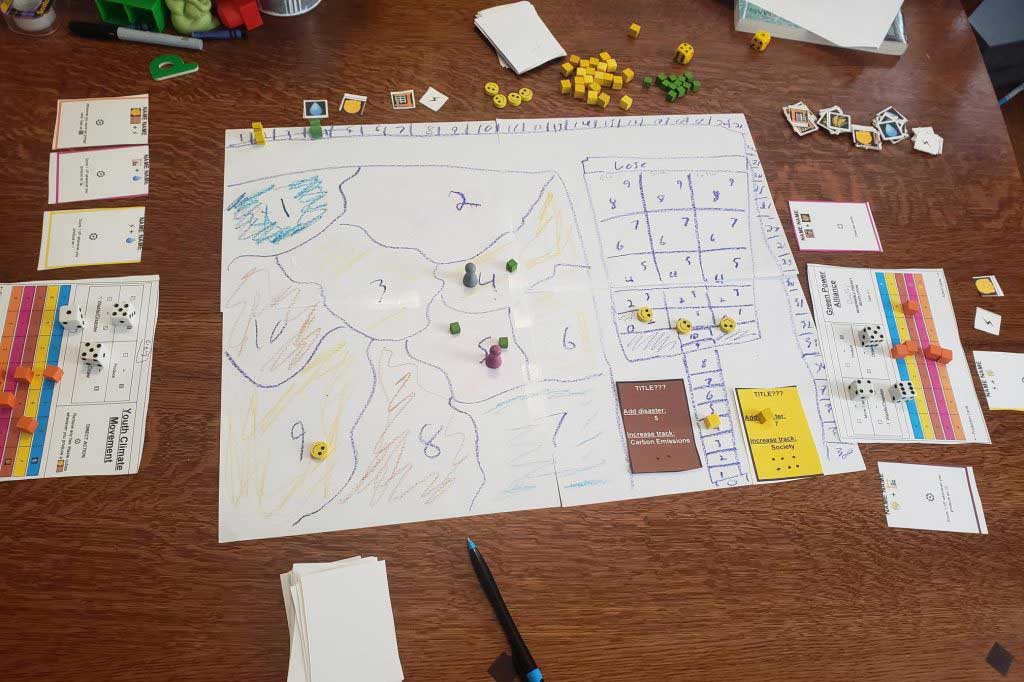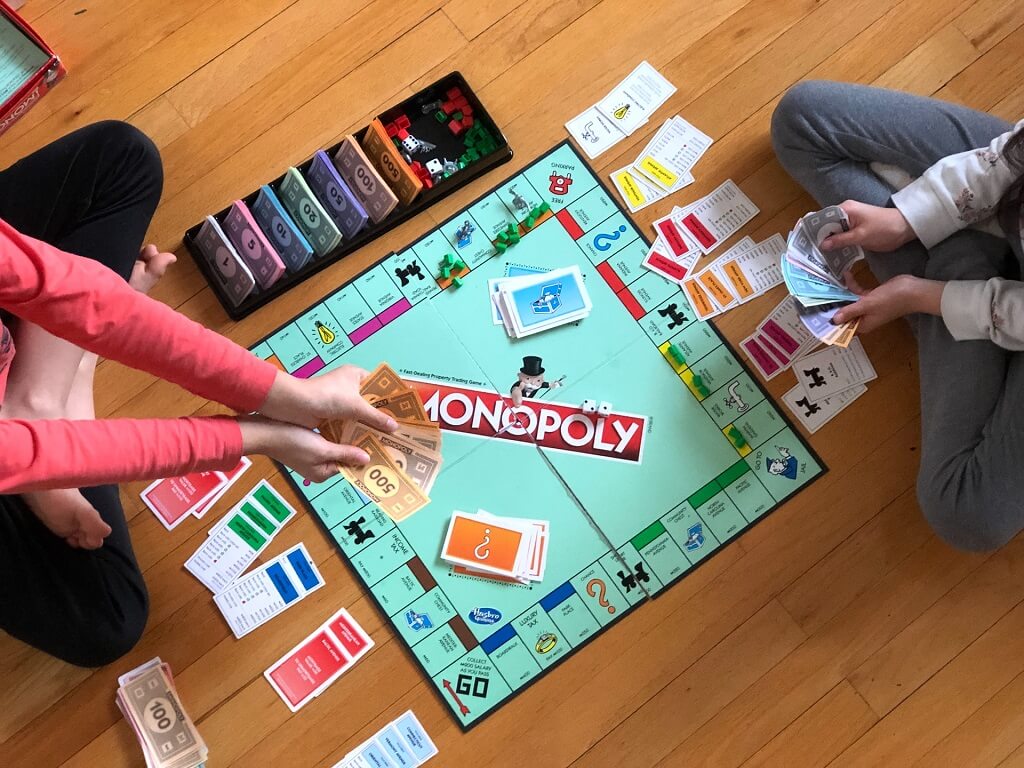Classic board games have endured for generations, captivating players with their timeless appeal. From the strategic maneuvers of chess to the luck-driven rolls of Monopoly, these games have transcended cultural boundaries and stood the test of time.
However, in today’s fast-paced world, the demand for simplicity, variability, and uniqueness in gaming experiences is higher than ever.
Applying the SVU (Simplicity, Variability, Uniqueness) model – an approach that emphasizes these three essential elements to revitalize your own board games and ensure they remain engaging and relevant in the modern era.
Table of Contents
Simplicity
Simplicity lies at the heart of the SVU model, advocating for straightforward rules and mechanics that are easy to grasp yet challenging to master. Classic board games often excel in this aspect, as their enduring popularity can attest.
Take, for example, the iconic game of Scrabble. With just a game board, letter tiles, and a set of rules governing word placement and scoring, Scrabble offers a deceptively simple gameplay experience that belies its strategic depth.

Applying the SVU model to enhance simplicity in your board games involves streamlining rules and mechanics to reduce complexity without sacrificing depth or strategic richness.
For instance, you may opt to eliminate convoluted rules or unnecessary components that detract from the core gameplay experience. By focusing on simplicity, your board games can attract new players while maintaining their appeal to seasoned enthusiasts.
Variability
Variability is another crucial aspect of the SVU model, emphasizing the importance of providing players with diverse and dynamic experiences. Classic board games often offer inherent variability through factors such as randomized elements, player interactions, and strategic choices.
Like board game Risk, with its ever-changing geopolitical landscape and unpredictable outcomes, exemplify this principle of variability.
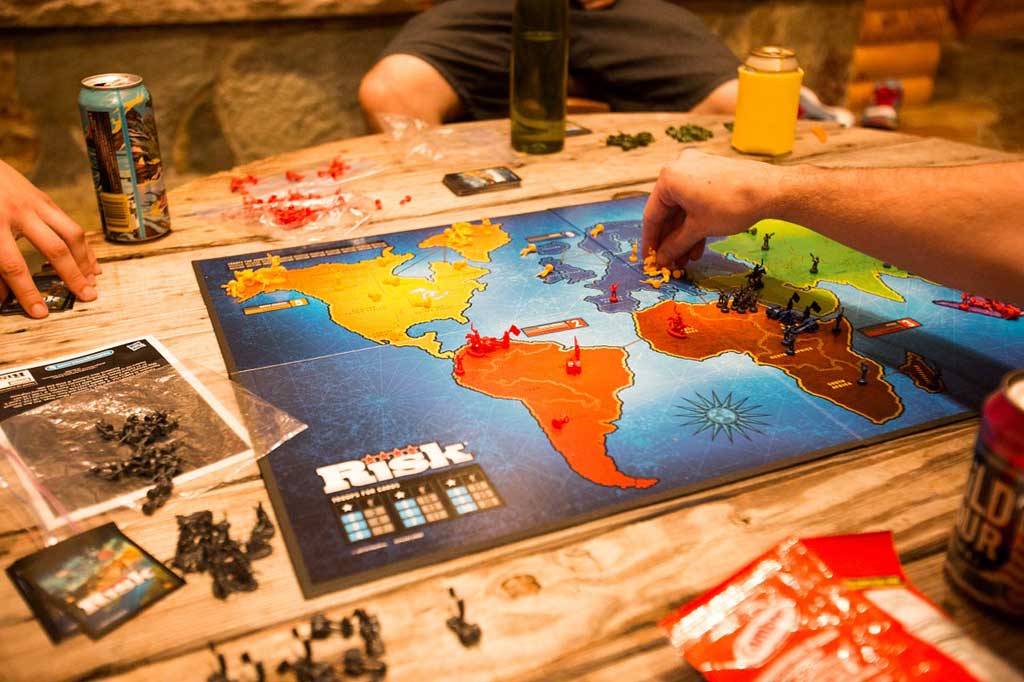
To leverage the SVU model effectively, you can introduce new elements of randomness, customization options, or modular expansions to their board games.
For example, incorporating expansion packs with additional game boards, cards, or pieces can introduce fresh challenges and strategic possibilities. By embracing variability, your board games can offer players endless replay value and keep them coming back for more.
Uniqueness
Uniqueness is the final pillar of the SVU model, highlighting the importance of offering distinctive and memorable experiences that set a game apart from its peers. Classic board games often possess unique themes, mechanics, or components that contribute to their enduring appeal.
Consider the board game Clue, which immerses players in a murder mystery setting where deduction and intuition reign supreme.
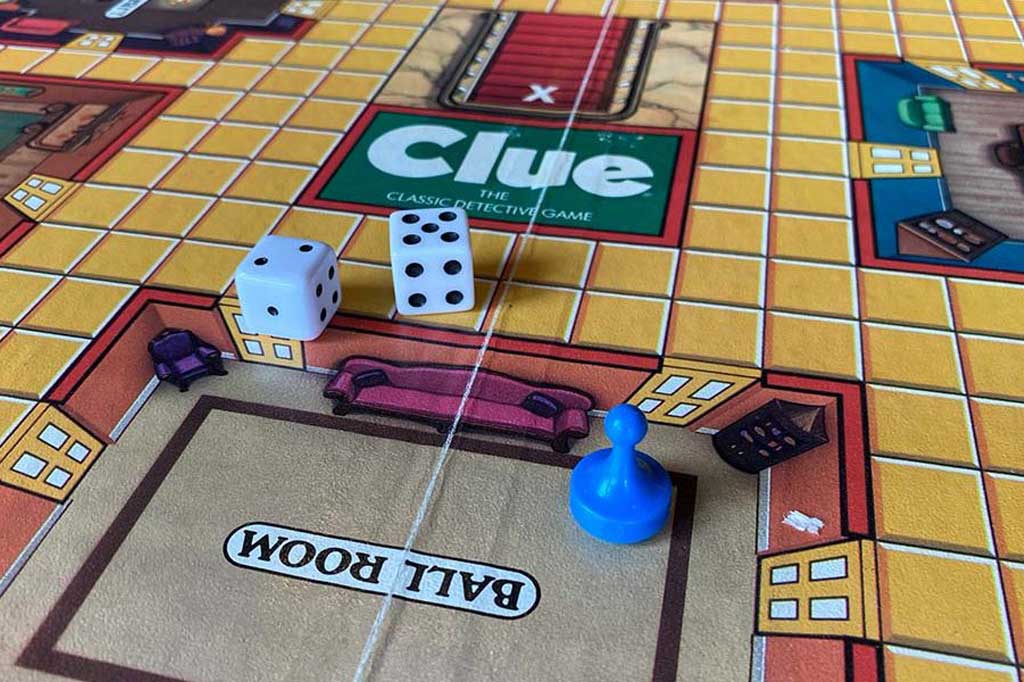
To harness the power of uniqueness, you can explore innovative themes, narrative-driven mechanics, or unconventional gameplay twists that differentiate your games from the crowd.
Whether it’s introducing asymmetrical player powers, hidden traitor mechanics, or immersive storytelling elements, incorporating unique elements into your personalized board games can captivate players’ imaginations and create unforgettable gaming moments.
Case Study
As a case study, let’s examine how the SVU model can be applied to enhance Settlers of Catan, a beloved classic board game known for its blend of strategy and negotiation.
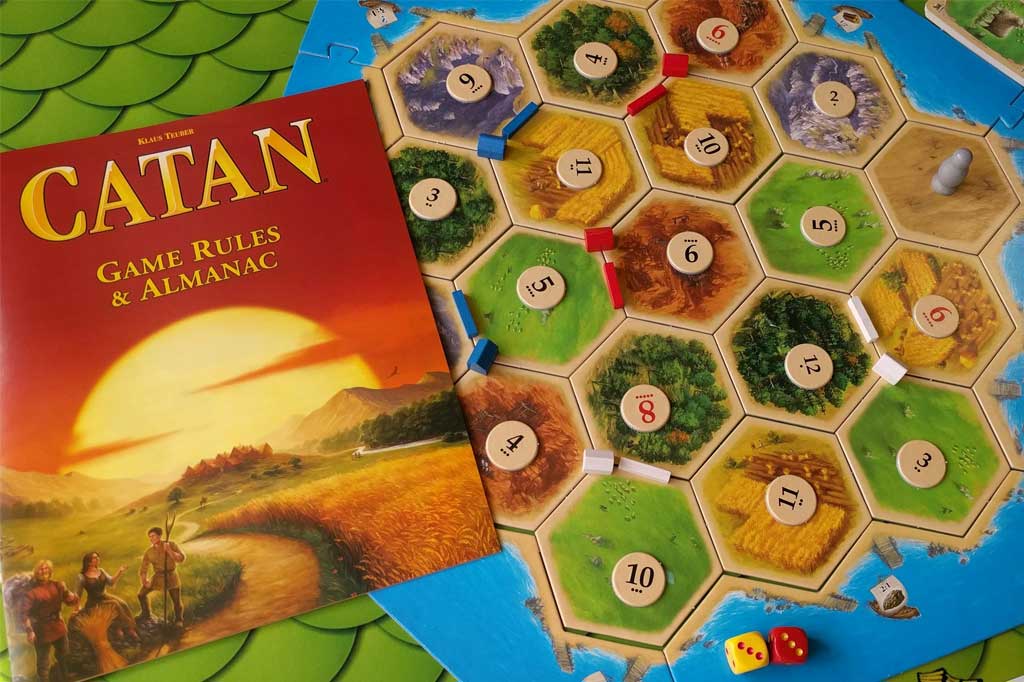
- Simplicity: Simplifying Settlers of Catan could involve streamlining the resource management system or clarifying the rules for building roads, settlements, and cities. By reducing complexity without sacrificing strategic depth, players can focus on the core gameplay experience without feeling overwhelmed by intricate mechanics.
- Variability: Introducing variability to Settlers of Catan could involve creating new scenarios, randomized map setups, or alternate victory conditions. Expansion packs could add new resource types, building options, or event cards, providing players with fresh challenges and strategic choices with each playthrough.
- Uniqueness: Enhancing the uniqueness of Settlers of Catan might involve incorporating thematic elements that deepen the game’s immersive experience. Introducing narrative-driven scenarios, unique player roles, or interactive components could elevate Settlers of Catan beyond a mere resource management game and transform it into an unforgettable journey of exploration and conquest.
Conclusion
The SVU model offers a powerful framework for enhancing board games and ensuring they remain engaging and relevant in the modern gaming landscape. By prioritizing simplicity, variability, and uniqueness, you can breathe new life into timeless favorites and attract a new generation of players.

